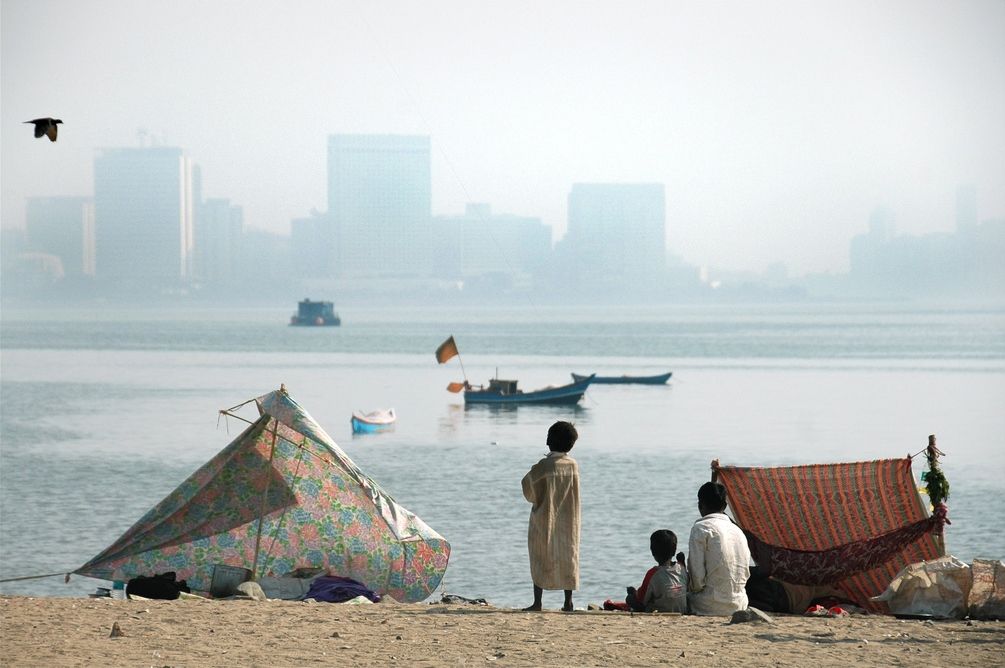
About
nvestment in people is crucial to help the development of emerging nations and to make Europe more prosperous and inclusive, panellists said on 3 June.
“The general lesson to be learned is that education and investment in human capital is a key to long-term prosperity,” said Frank Vandenbroucke, a Professor at the University of Leuven and a former Deputy Prime Minister of Belgium. “You need general background conditions of sufficient equality.”
Vandenbroucke was speaking at “Building a Caring World”, a Friends of Europe Policy Insight held at the European Development Days forum in Brussels. He is the Chairman of a High-Level Group convened by Friends of Europe, which produced the recent report, “Unequal Europe – Recommendations for a more caring EU”. This called for human investment to be given equal priority to investment in areas such as infrastructure and innovation.
Similar lessons have been learned in developing countries, said Philippe Orliange, Executive Director for Partnerships, Strategy and Communication at the Agence Française de Développement. “In Latin American, the issue of inequality has become central,” he said. “We consider that to mean not just the issue of income, but also of access to education. If you don’t tackle these issues you fail in inequality.”
Development efforts should focus more on cities, which are the centre of human activity, said Sheela Patel, Chair of the Board of Shack / Slum Dwellers International and Founding Director of the Society for the Promotion of Area Resource Centers in India. “Most northern development assistance is deeply focussed on rural areas,” she said. “But economic machinery is embedded in cities. We need to create conditions in which poor people’s leadership can transform not only their lives, but transform the future of cities.”
Vandenbroucke pointed to relatively high levels of social spending in some economically successful northern European countries, increasing the opportunities for people there. By contrast, some parts of southern Europe have been cutting spending because of budget constraints. “EU member states that invest more in social policies like health, education and labour market support perform better overall than those that spend less,” according to the “Unequal Europe” report.
Better tax collection would be a one way to finance improvements in public services, said Patrick Canagasingham, Chief Operating Officer at Oxfam International. “How we tax big companies is at the heart of inequality,” he said. “Tax evasion and avoidance is costing the 28 Member States one trillion euros a year. This is equal to seven years of the EU budget, or the combined annual health budgets of all 28 Member States.”
IMAGE CREDITS: CC / Flickr – Shreyans Bhansali
Schedule
Speakers

Activities
Europe-China Forum
Next event In person & livestreamed

- Area of Expertise
- Global Europe
Trading tariffs and trade as a geopolitical tool
Past event

- Area of Expertise
- Global Europe
From aid to investment: shaping Europe's global role in a changing world
Past event Online

- Area of Expertise
- Global Europe
Future Africa-Europe High-Level Forum
Past event IN PERSON & ONLINE

- Area of Expertise
- Global Europe
Trump's betrayal of the world's poor is Europe's opportunity
- Category
- Frankly Speaking
- Author
- By Giles Merritt
Policy Voices | #Throwback: UNRWA’s Jonathan Fowler on Gaza: “It is a…
- Category
- Podcast
- Area of Expertise
- Global Europe
DRIVE Impact Initiative final report
- Category
- Event Reports
- Area of Expertise
- Global Europe
Europe’s blackouts call for a NATO-level response
- Category
- #CriticalThinking
- Author
- By Maurizio Geri

- Area of Expertise
- Global Europe

- Area of Expertise
- Global Europe

- Area of Expertise
- Global Europe

- Area of Expertise
- Democracy
Continue
the debate on
- Debating Europe
